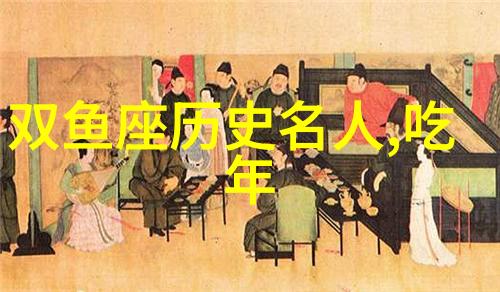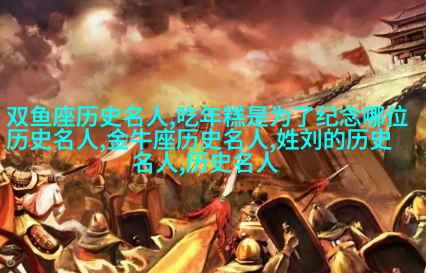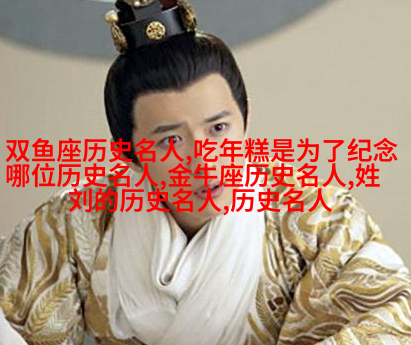在京剧的世界里,吴小如是一位深谙其道的人。他曾是京剧史论研究者,对这门艺术有着深厚的造诣。然而,尽管他对京剧充满热爱,但他也意识到很多人并不愿意学习京戏。那么,这背后有什么原因呢?让我们通过数据来探索这个问题。

首先,我们需要了解 京剧票友们为何不愿意学。这可能与他们对于文化传承和个人兴趣之间的平衡有关。根据一项调查显示,大多数票友更倾向于欣赏,而不是参与表演。此外,他们可能担心学习过程中的困难,也可能因为缺乏专业指导而感到迷茫。
接下来,我们可以分析一些具体数据来进一步解释这个现象。比如说,如果我们观察不同年龄段的人群,他们对于学习京戏的态度会有所不同。你nger generations tend to be more open to new experiences, while older generations might be more hesitant due to the perceived complexity of the art form.

Another factor could be the availability of resources and opportunities for learning. If there are fewer schools or classes offering training in traditional Chinese opera, it may discourage people from pursuing this interest.
Furthermore, we can look at data on the popularity of different forms of Chinese performance arts. For instance, if Peking Opera is not as popular as other forms like dance or acrobatics, it might deter potential learners.

Lastly, we should consider the role of technology in shaping our perceptions and preferences. With the rise of online platforms and social media, people's attention span has decreased significantly. It might be challenging for traditional art forms like Peking Opera to compete with newer and flashier content.
By examining these factors through a data-driven lens, we can gain a better understanding of why some people are not willing to learn about Peking Opera despite its rich cultural heritage. This knowledge can help us develop targeted strategies to promote appreciation and participation in this magnificent art form.

In conclusion, by using data analysis techniques and tools, we can uncover hidden patterns and trends that explain complex phenomena like why some individuals do not wish to study Peking Opera. By applying these insights effectively into educational programs or marketing campaigns aimed at promoting traditional Chinese performing arts such as Beijing opera (Peking Opera), we hope that more enthusiasts will join this journey towards preserving our unique cultural treasures for future generations!



